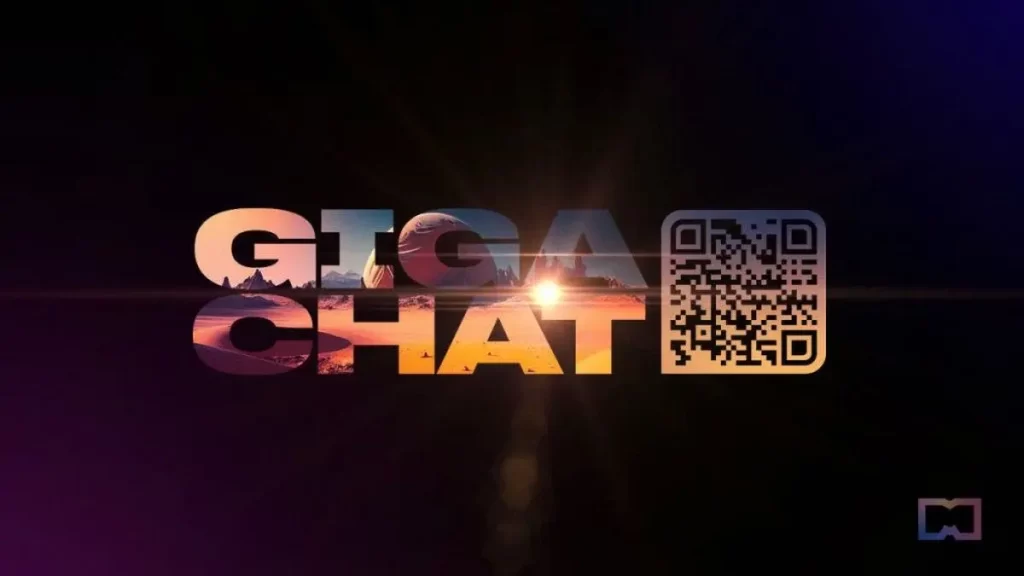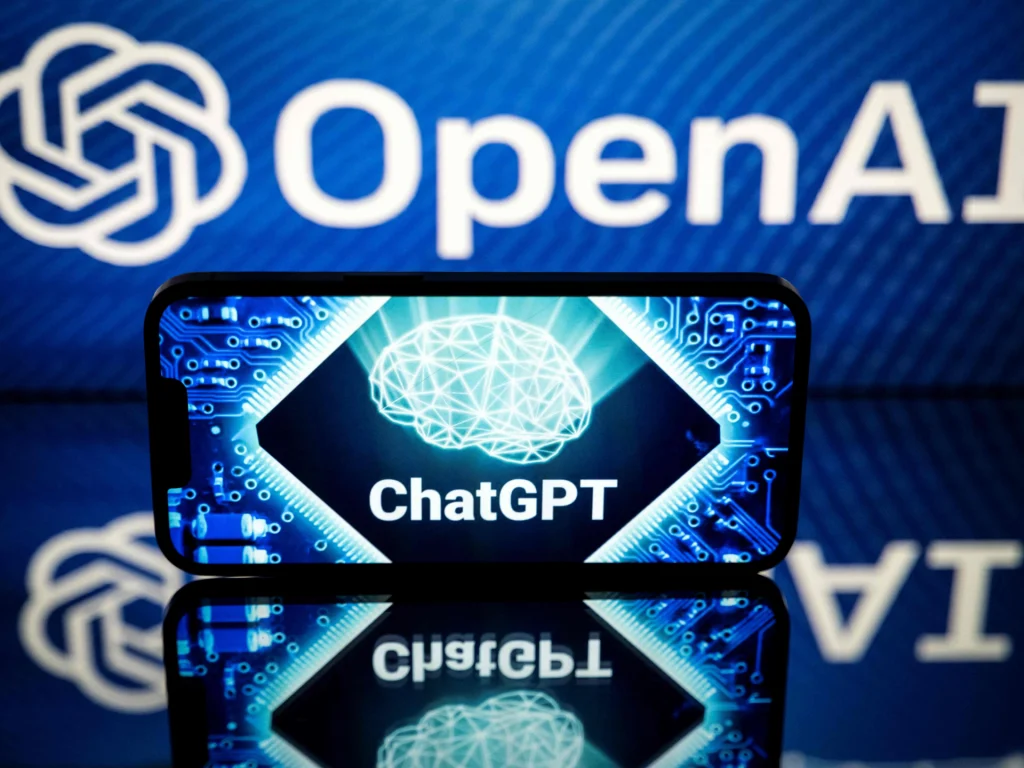Russia has entered the arena of advanced artificial intelligence (AI) models by launching its conversational chatbot named GigaChat, rivaling OpenAI’s ChatGPT. This move signifies Russia’s intention to gain a leadership position in the technology sector, in the midst of increasing competition among nations in the AI race.
ChatGPT by OpenAI was launched in November 2022, and it revolutionized the AI industry with its ability to hold human-like conversations with users. This chatbot showcased its versatility by writing poems, essays, and even tutoring kids, which prompted Microsoft to invest money in OpenAI and integrate the technology into its products. Recently, other technology companies have also introduced their AI models, highlighting the fast-paced AI competition.

However, the launch of GigaChat, which excels in the Russian language and not so much in foreign languages, may not have a significant impact on the global scale. Although the availability of cloud-based supercomputing networks makes it easier for countries to develop their AI models, their competitiveness on a global stage remains uncertain.
The intriguing aspect of GigaChat is that it was not developed by a Russian technology company, but by a lending bank investing in technology to reduce its dependence on Western imports. This highlights Russia’s desire to strengthen its technology industry and reduce its reliance on the West.

Nonetheless, given Russia’s sanctions for its aggression in Ukraine, it remains to be seen how it will source advanced chips required for AI research and development. Such limitations may affect Russia’s ability to compete with other countries in the AI race.
To conclude, Russia’s introduction of GigaChat into the AI race shows the country’s ambition to develop its technology industry and contend with other countries in the world. However, it remains unclear how competitive GigaChat will be on the global AI stage, and how the sanctions imposed on Russia will influence its AI research and development efforts.


